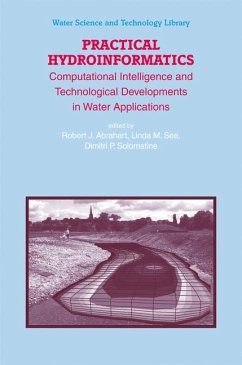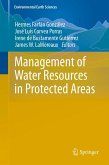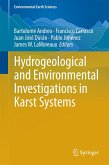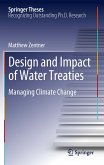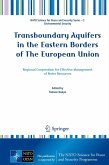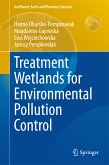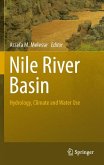Hydroinformatics is an emerging subject that is expected to gather speed, momentum and critical mass throughout the forthcoming decades of the 21st century. This book provides a broad account of numerous advances in that field - a rapidly developing discipline covering the application of information and communication technologies, modelling and computational intelligence in aquatic environments. A systematic survey, classified according to the methods used (neural networks, fuzzy logic and evolutionary optimization, in particular) is offered, together with illustrated practical applications for solving various water-related issues. These include, but are not limited to, flood estimation, rainfall-runoff modelling, rehabilitation of urban water networks, estimation of ocean temperature profiles, etc. Particular attention is also given to certain aspects of the most recent technological progress in hydroinformatics including the development of protocols for model integration and of computer architectures for modern modelling systems. Invited contributions were obtained from leading international experts - including academics, hydrological practitioners and industrial professionals - such that this edited volume constitutes an authoritative source of reference material and is essential reading for active workers in this field.
Dieser Download kann aus rechtlichen Gründen nur mit Rechnungsadresse in A, B, BG, CY, CZ, D, DK, EW, E, FIN, F, GR, HR, H, IRL, I, LT, L, LR, M, NL, PL, P, R, S, SLO, SK ausgeliefert werden.

